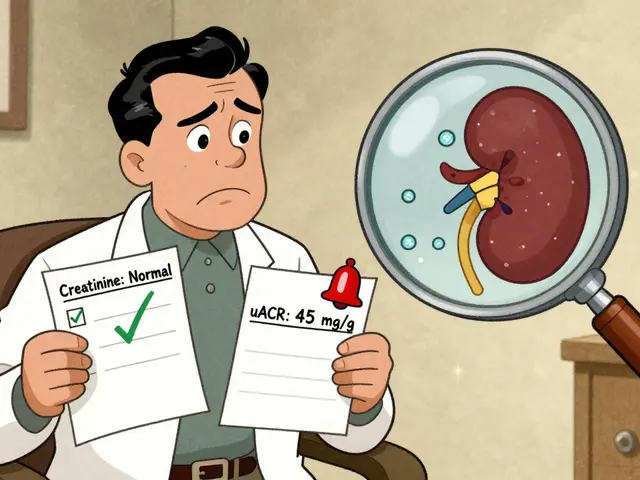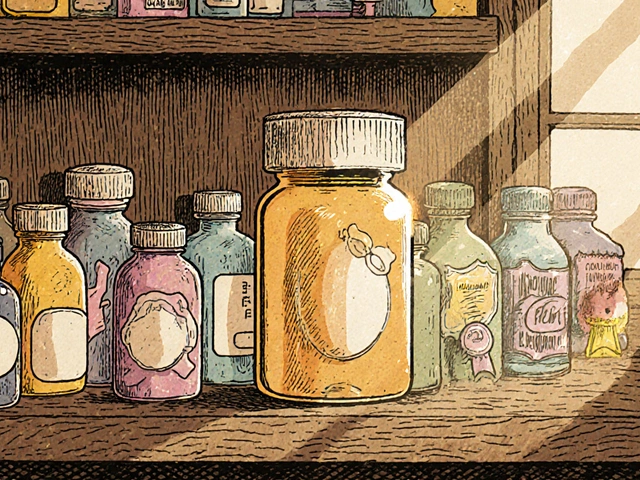Peptic Ulcer Therapy: What Works and How to Start
If you’ve been told you have a peptic ulcer, the first thing you want to know is how to get rid of it. The good news is that most ulcers heal with the right mix of medicine, food choices, and habits. This guide walks you through the basics so you can feel better quickly.
Medicine part: antibiotics and acid blockers
The biggest cause of stomach ulcers is a bacteria called Helicobacter pylori. Doctors usually give a short course of two antibiotics to kill the bug. Common pairs are clarithromycin with amoxicillin or metronidazole. Finish the whole pack even if you start feeling better.
While the antibiotics work, you also need something to lower stomach acid. Acid‑reducing drugs fall into two groups: proton‑pump inhibitors (PPIs) like omeprazole, and H2‑blockers such as ranitidine. PPIs are stronger and are the go‑to choice for most patients. Take them once a day, usually before breakfast, and keep taking them for 4‑8 weeks as your doctor orders.
Food and lifestyle tweaks that speed healing
Even the best pills won’t work if you keep irritating your stomach. Here are easy changes that make a real difference:
- Avoid spicy, acidic, or fried foods. They can flare up pain but don’t cause the ulcer.
- Skip alcohol and smoking. Both increase acid and slow healing.
- Eat smaller meals. Large meals push more acid into the gut.
- Include soothing foods. Plain yogurt, oatmeal, and bananas are gentle on the lining.
- Stay upright after eating. Give your stomach a chance to digest before you lie down.
Hydration matters, too. Drink water throughout the day but don’t gulp large amounts right before bed.
Stress isn’t a direct cause, but it can make symptoms feel worse. Simple stress‑busting habits—short walks, breathing exercises, or a favorite hobby—help keep the gut calm.
When to check back with your doctor
Most ulcers start feeling better after a week of treatment. If pain persists beyond two weeks, or if you notice vomiting blood, black stools, or sudden weight loss, call your doctor right away. Follow‑up tests, like a repeat endoscopy or breath test for H. pylori, confirm that the ulcer is gone.
Remember, the goal is not just to stop symptoms but to let the stomach lining fully repair. Stick with the full medication course, keep the diet simple, and avoid the triggers listed above. In a few months you should be back to normal eating and living without fear of ulcer pain.
Peptic ulcer therapy is a team effort between you and your health provider. By combining antibiotics, acid blockers, and smart daily habits, you give your stomach the best chance to heal fast and stay healthy for the long run.

Clarithromycin in Treating Gastritis and Peptic Ulcers - How It Works
- By : Tamsin Riverton
- Date : Aug 29 2025
Explore how clarithromycin, combined with other drugs, treats gastritis and peptic ulcer disease caused by H. pylori, including regimens, resistance and side‑effects.




